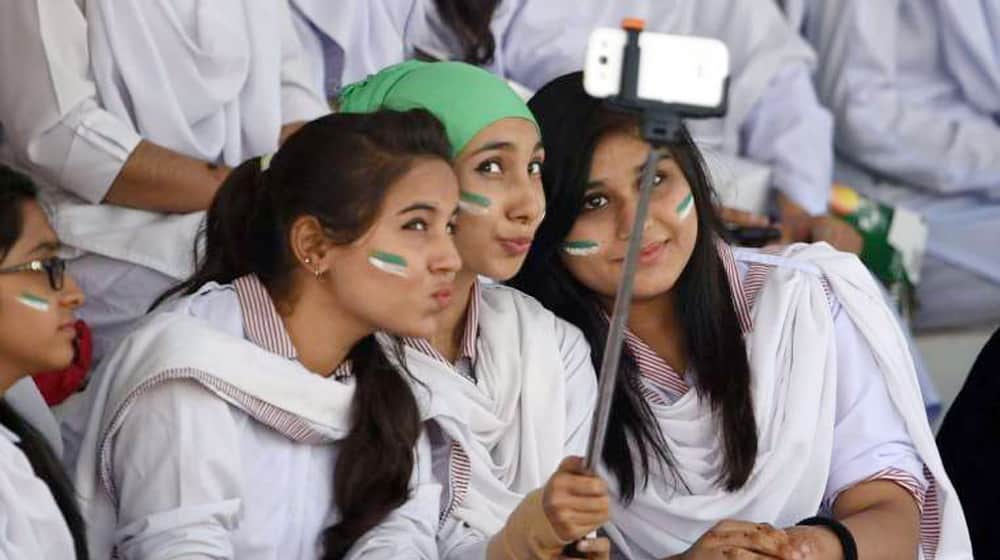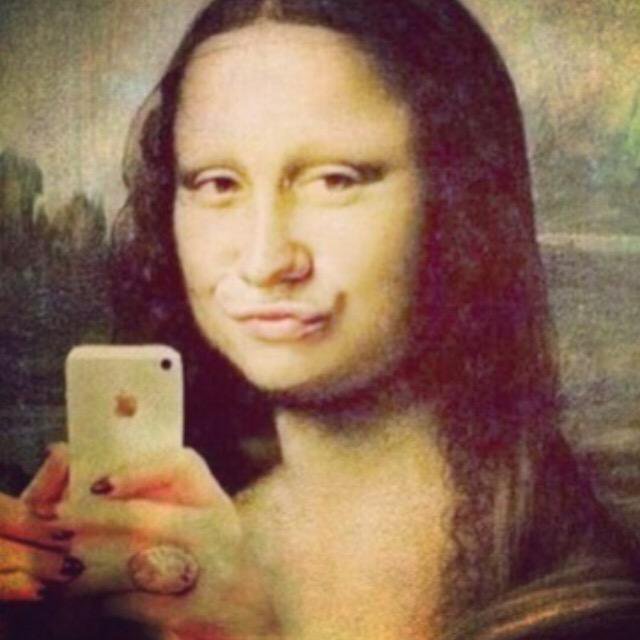These days almost every person is seen with a smartphone in their hands and it’s pretty normal to see people taking selfies at random places. People clicking group selfies and solo selfies can be seen in markets, malls, restaurants and while traveling to a holiday destination. According to a recent research, this rising trend of taking too many selfies could be sign of a mental illness.
By nature, all humans are social animals and everyone loves to express the memorable moments of his/her life by sharing pictures. What could be better than taking a selfie when no one’s around?
But according to a research conducted by two psychologists, taking selfies all the time could have a negative impact on our mental health.
Although you might have heard this news before as a similar kind of research was published in 2014 by the name of “Selfitis”, this research adds on to the previous research’s credibility. The older research was conducted by the American Psychiatric Association which was going to start recognizing it as a real disorder. In these three years, the trend has risen to a much greater extent, thanks to the ‘Stories’ feature in almost all the social networking apps.
ALSO READ
This Google App Matches Your Selfies to Famous Artworks & the Results Are Hilarious
The Research Team
The research paper was recently published in the International Journal of Mental Health and Addiction when the psychologists Mark D. Griffiths and Janarthanan Balakrishnan reached the conclusion that selfitis is real. Capturing excessive selfies can be credited as the straightforward diagnosis of the disorder.
The research was conducted on the people of India where almost 400 individuals were chosen as test subjects and were measured over a “Selfitis Behaviour Scale”. The severity of the disorder was divided into three levels hence categorizing the subjects.
The first category dubbed as ‘Borderline cases’, includes those taking selfies at least three times a day, but not posting them on any social media. The worse form is “acute,” including all those who had posted these selfies online. The third and the worst form is “chronic” which includes those cases in which people can’t resist posting at least six selfies a day.
ALSO READ
Saudi Arabia Bans Photos and Video at Holy Sites
Strange But True
The interesting side of the research is that upon asking the participants, interesting answers like “I feel more popular when I post my selfies on social media,” or “When I don’t take selfies, I feel detached from my peer group” were given. One of the researchers Balakrishnan concluded:
Typically, those with the condition suffer from a lack of self-confidence and are seeking to ‘fit in’ with those around them, and may display symptoms similar to other potentially addictive behaviors. Now the existence of the condition appears to have been confirmed, it is hoped that further research will be carried out to understand more about how and why people develop this potentially obsessive behavior, and what can be done to help people who are the most affected.
Still, a great number of psychiatrists would disagree to the presence of selfitis as Mark Salter, The Royal College of Psychiatrists’ spokesman states:
There is a tendency to try and label a whole range of complicated and complex human behaviors with a single word. But that is dangerous because it can give something reality where it really has none.


























